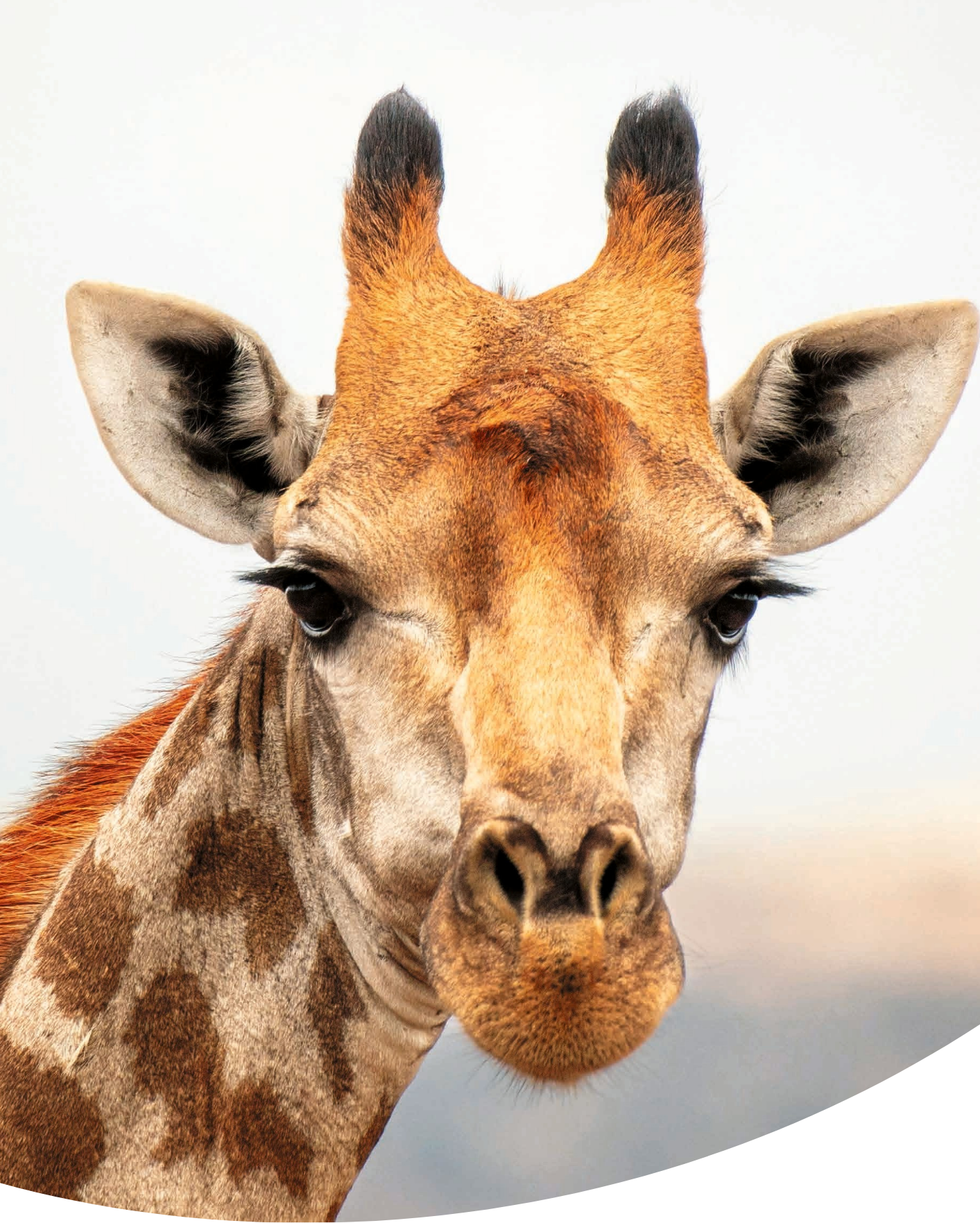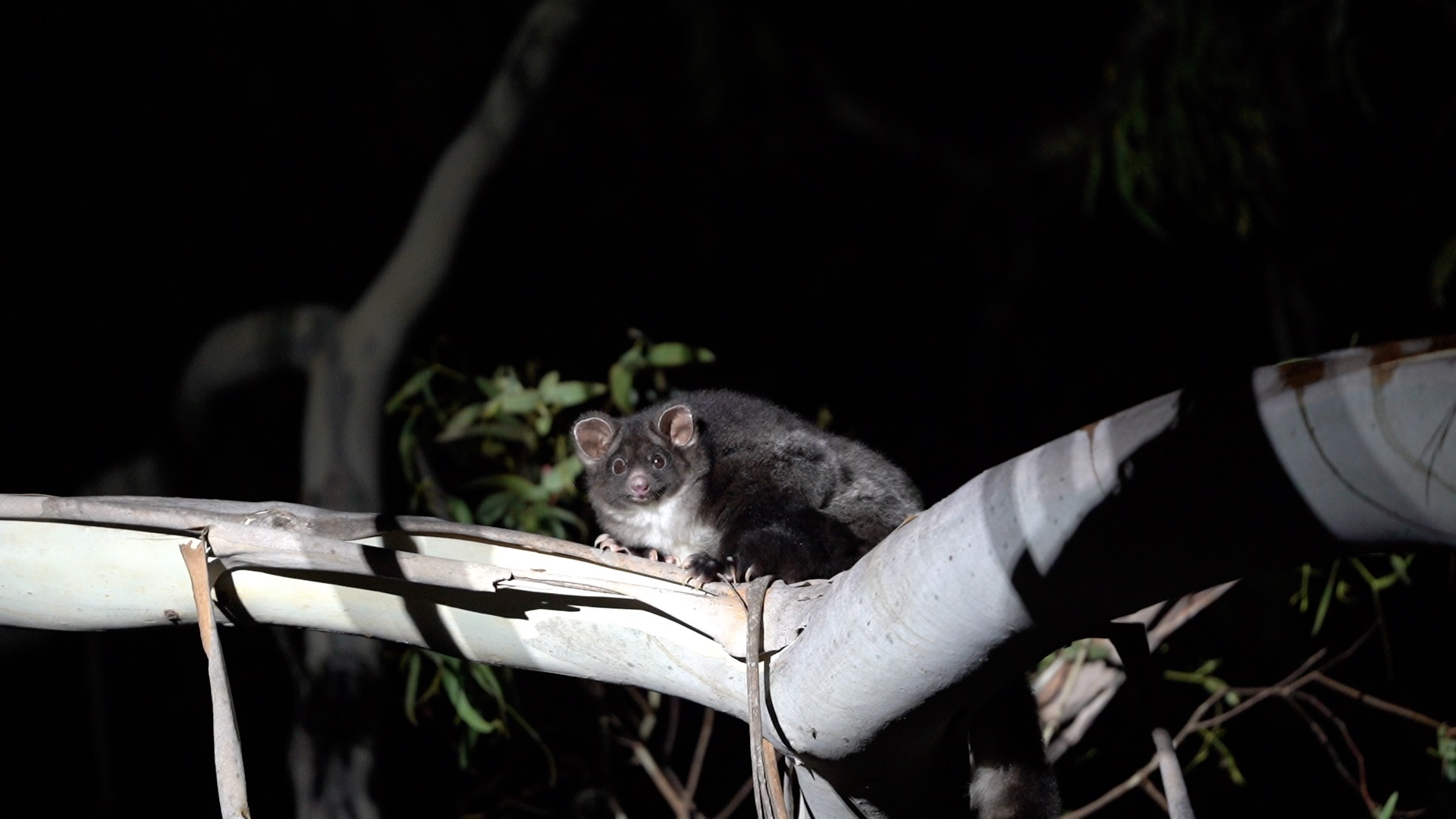Find out more about our work on federal environment reforms, the recent victory in protecting whale sharks, an update on our partner projects and lots more.
Today’s NSW Biodiversity Outlook Report paints a stark picture of declining biodiversity in NSW, with only one in two listed threatened species expected to survive in 100 years.
With deforestation identified as one of the key drivers of decline, Humane Society International (HSI) Australia is calling on the NSW Government to act urgently to strength NSW biodiversity laws to address the extinction crisis.
Dr Megan Kessler, Nature Campaigner at HSI Australia said:
“A 2023 independent review of NSW nature laws issued a stark warning – The case for giving primacy to environmental repair is inescapable. Our future depends upon it.
“Today’s Biodiversity Outlook Report shows just how true that is. With nearly all of the NSW environmental indicators going backward, nothing short of urgent and comprehensive reform to our nature laws is required.”
Australia is the only developed nation named as a ‘global deforestation hotspot’ and NSW is the worst-ranked state in the country. NSW Labor came to power committing to “stop runaway land clearing” and “fix the biodiversity offset scheme”. The Biodiversity Outlook Report shows that nature can’t wait, and the Government must move to implement their reform agenda now.
Dr Kessler said:
“The NSW Government must act to amend the 2016 land management and biodiversity conservation laws that triggered runaway habitat destruction and fix the broken biodiversity offsetting scheme. We need to see ‘red lines’ that ensure areas of critical biodiversity and habitat can no longer be destroyed, as well as an end to the discredited ‘pay-to-destroy’ offsets scheme.
“Faced with such dire predictions for NSW wildlife and habitats, the NSW Government must prioritise stronger protections for nature. Only this way will future generations be able to experience the wonderful and unique wildlife that currently call NSW home.”


